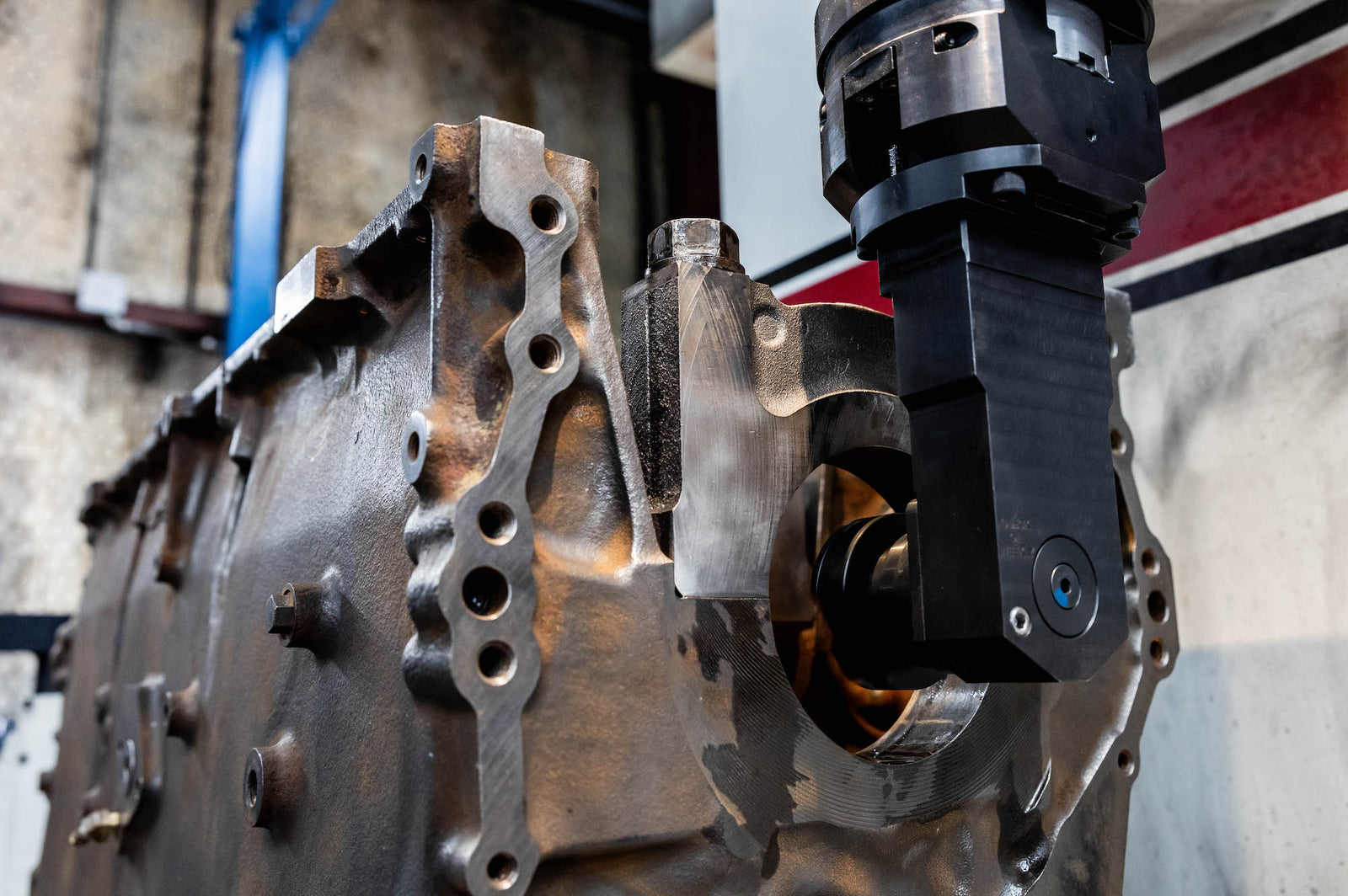In the rapidly evolving landscape of transportation technology, hydrogen is emerging as a promising alternative fuel. While hydrogen fuel cell electric vehicles (FCEVs) have garnered attention for their zero-emission potential, another player is gaining traction in the form of hydrogen-powered internal combustion engines (ICEs). This shift marks a significant development, particularly in medium and heavy-duty trucking applications, where the demand for efficient, low-emission solutions is pressing.
The Appeal of Hydrogen Engines
Hydrogen engines leverage the same hydrogen fuel as FCEVs but utilize a more familiar technology—internal combustion. This familiarity translates into lower upfront costs and easier adoption for vehicle manufacturers, fleet operators, and drivers alike. Cummins Inc., a leader in the diesel and natural gas engine market, has made notable strides in this arena with the introduction of two hydrogen-fueled engines: the X15H and the B6.7H. These engines, showcased in concept trucks, represent Cummins' commitment to advancing hydrogen technology in commercial vehicles.
Targeting Challenging Applications
One of the key advantages of hydrogen engines lies in their suitability for "hard-to-electrify" applications. These include scenarios with demanding duty cycles, high asset utilization, diverse routes, and challenging environmental conditions. Unlike electric vehicles that depend heavily on grid infrastructure, hydrogen engines operate independently, making them particularly robust for extreme and diverse conditions without stressing the grid.
Hydrogen Engines on the Highway
In the realm of long-haul trucking, where reliability and range are paramount, hydrogen engines offer a compelling alternative to traditional diesel engines. While similar in appearance to natural gas-powered trucks, hydrogen-powered vehicles require specific adaptations to accommodate pure hydrogen, such as high-pressure Type 4 carbon fiber fuel tanks capable of storing hydrogen at 700 bar. This higher storage pressure enables extended ranges, essential for meeting the demands of fleet operations.
Collaboration and Innovation
Cummins' strategic partnerships, such as the joint venture with NPROXX for hydrogen storage technology, underscore ongoing innovation efforts aimed at optimizing performance and reducing costs. The collaboration not only enhances the capabilities of hydrogen engines but also paves the way for future advancements in hydrogen fuel cell technology.
Driving Decarbonization
For fleet operators, the appeal of hydrogen engines extends beyond their technological advancements. These engines facilitate a transition to zero-carbon fuels without compromising performance or operational familiarity. This seamless integration allows fleet operators to gain valuable experience with hydrogen as a fuel while awaiting the broader commercialization of hydrogen fuel cells.
Looking Ahead
Despite the promise of hydrogen engines, challenges remain, particularly in regulatory frameworks and infrastructure development. However, industry leaders like Cummins remain optimistic about the technology's potential to drive substantial carbon reductions and meet stringent emissions targets.
In conclusion, the advent of hydrogen engines represents a pivotal moment in the quest for sustainable transportation solutions. With their proven reliability, lower costs, and compatibility with existing infrastructure, hydrogen engines are poised to play a significant role in shaping the future of commercial transportation. As the industry continues to innovate and collaborate, the prospect of a hydrogen-powered future grows ever closer. For fleet operators and OEMs alike, embracing hydrogen engines promises not just a technological evolution but a pathway to a cleaner, more sustainable future on our highways.

